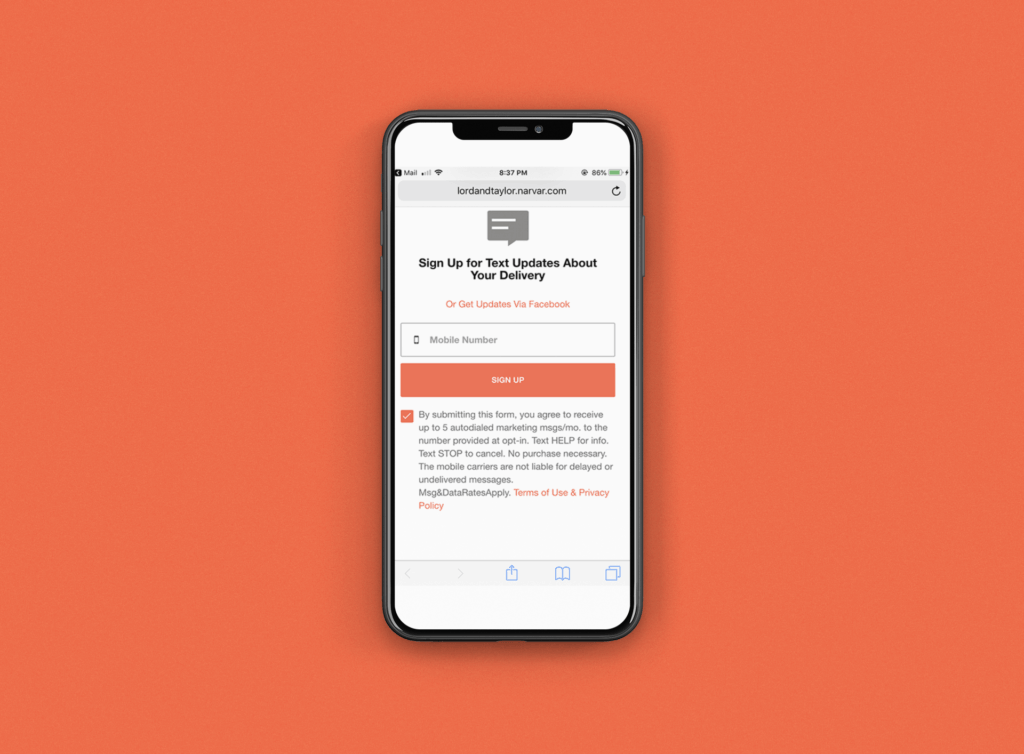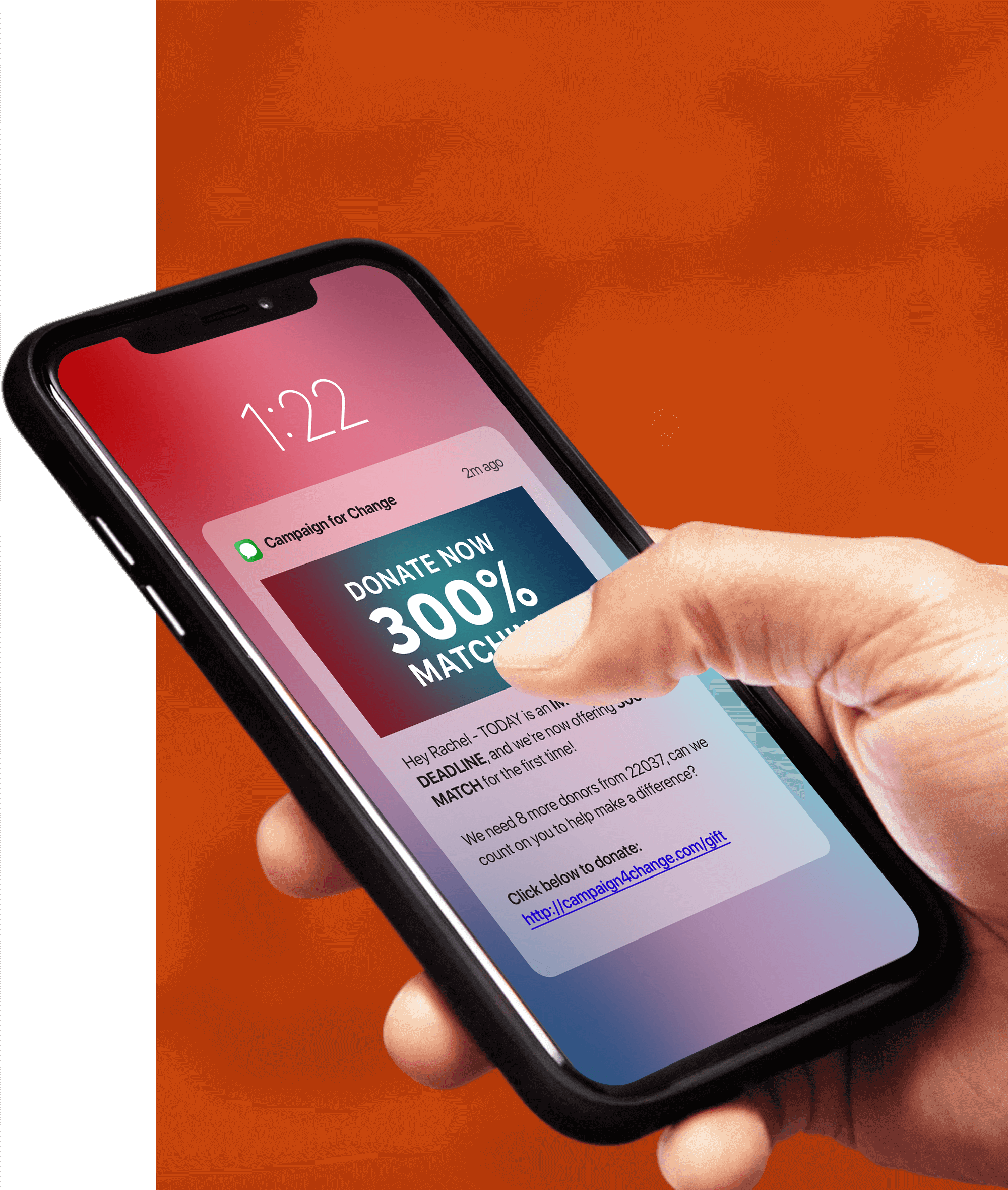5,151 Views
This video is brought to you by Innovista Law, home to the TCPA Defense Force. Innovista's lawyers have helped companies navigate potential TCPA landmines through effective risk-mitigation and compliance strategies.
To learn more about the TCPA and their services, visit www.tcpadefenseforce.com/tatango-partnership
SMS marketing generally comes with a lot of confusion around the Telephone Consumer Protection Act (TCPA). A lot of that confusion comes from the TCPA’s requirement for customers to “prior express written consent” before you can send marketing text messages to customers. So how you can get prior written consent from your customers?
How to Collect Prior Express Written Consent for SMS Marketing
If you want a neat and easy breakdown on the TCPA and its compliance requirements, download our free TCPA compliance guide here. But for now, you can read onward for the answer to this question.
Since October 16, 2013, businesses have been required to obtain “prior express written consent” from their customers before being legally allowed to send them marketing text messages. “Written consent” makes it sound like you have to give your customers a form to sign before you can send them text messages, which would be tedious, clumsy, and not particularly viable or convenient. You can technically do this, but there’s another option: the E-SIGN Act.
The E-SIGN Act states that there is no need to actually put pen to paper to give “written consent” due to the nature of our digital environments. These days, a website form submission or text message qualifies as written consent, which saves time and effort for everyone involved. So, what exactly do you and your business need to do to obtain this type of consent from your customers?
What Express Written Consent Means
There are two primary components:
1) When asking your customers to participate in your text message marketing program (either through a web form, point of sale, mobile opt-in, or even pen & paper), you must disclose the following: “By participating, you consent to receive text messages sent by an automatic telephone dialing system.”
What’s an “automated telephone dialing system,” you ask? Put simply, it’s a robocaller. More specifically, it’s software or equipment that facilitates automated texts.
2) This “automated telephone dialing system” disclosure must be made “clear and conspicuous” to your customers before they opt in to your SMS marketing campaign. Legal language aside, this is the simplest requirement. All you need to do is display the “automated telephone dialing system” disclosure in close proximity to wherever you’re asking your customers to enter their mobile phone numbers. Display that disclosure right in front of the consumer—ideally by tying it to the initial participation request message, as shown below.
This will significantly reduce or prevent the number of customers complaining of being unaware of giving consent, since a customer would have to read the disclosure to know how to opt into the text message marketing program.
We hope this breakdown on the TCPA’s required written consent was helpful to you! If you’re interested in learning more about the TCPA or text message marketing, or if you’re interested in running a text message marketing campaign, contact us here.

